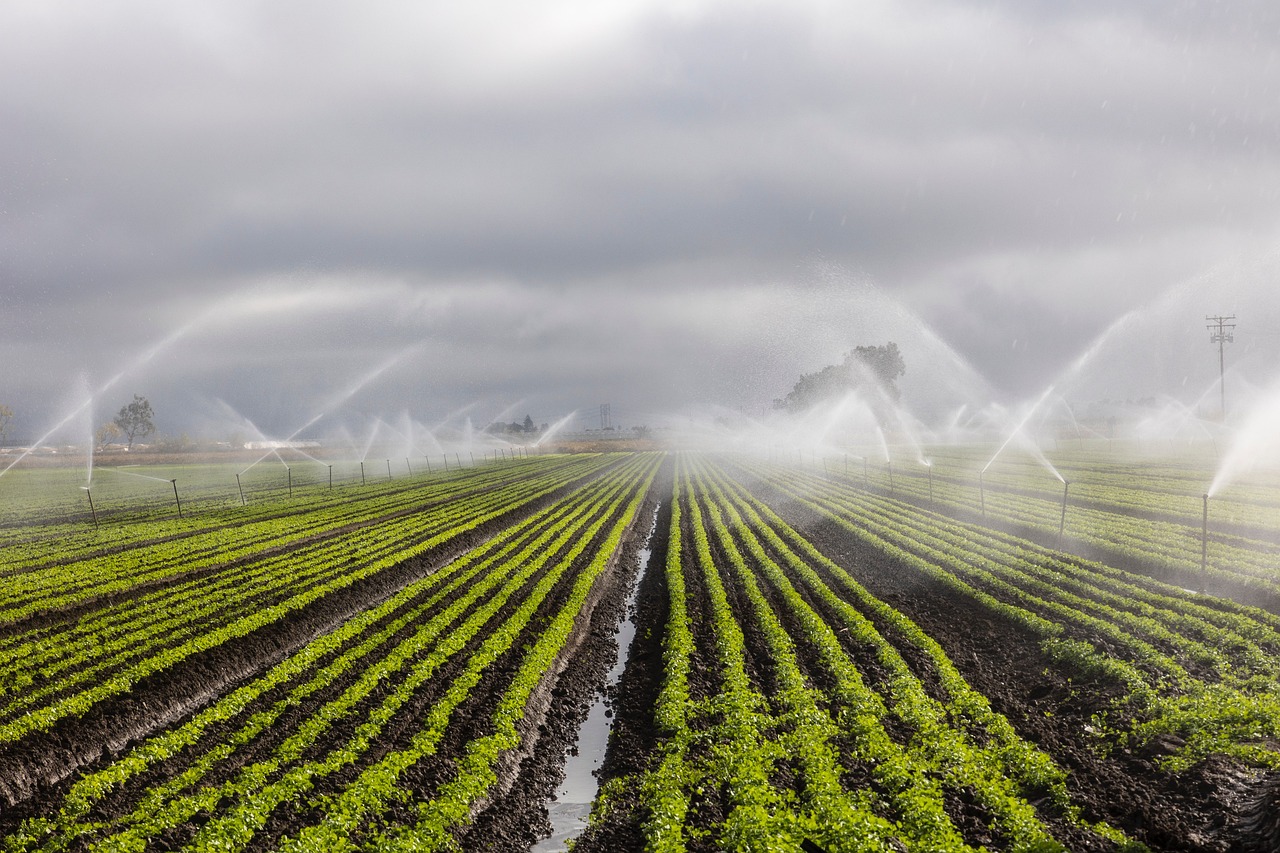January 24, 2023 – New research from the Utah Water Research Laboratory has found that nanotechnology can reduce the environmental impact of agriculture and may soon provide significant economic benefits.
has found that nanotechnology can reduce the environmental impact of agriculture and may soon provide significant economic benefits.
Nanotechnology refers to the branch of science and engineering devoted to designing, producing, and using structures, devices, and systems that manipulate atoms and molecules at the nanoscale level. (The Australian Academy of Science has a great article for laypersons describing the nanoscale and how tiny it is.)
has a great article for laypersons describing the nanoscale and how tiny it is.)
Yiming Su and his team at the Utah Water Research Laboratory and the Utah State University’s Department of Civil and Environmental Engineering wanted to find out if nanotechnology could be used to develop fertilizers and pesticides that produced less greenhouse gasses while being economically viable. Digging into the data, KSL.com reports that nanotech fertilizer efficiency varies by crop or plant, but many of the plants in the study needed 30% less of the nanotech fertilizer than traditional fertilizer. Some plants needed only half as much nanotech fertilizer, and others used 75% less nanotech fertilizer than traditional fertilizer. Another major focus of the lab is to develop nanotech that would remove contaminants and salinity from water, making it safer for drinking and irrigation.
reports that nanotech fertilizer efficiency varies by crop or plant, but many of the plants in the study needed 30% less of the nanotech fertilizer than traditional fertilizer. Some plants needed only half as much nanotech fertilizer, and others used 75% less nanotech fertilizer than traditional fertilizer. Another major focus of the lab is to develop nanotech that would remove contaminants and salinity from water, making it safer for drinking and irrigation.
The research paper published at Nature.com notes that “nanotechnology has the potential to increase the net revenue from agricultural products, especially the high-value crops, and alleviate the environmental impact of conventional fertilizers and pesticides.”
notes that “nanotechnology has the potential to increase the net revenue from agricultural products, especially the high-value crops, and alleviate the environmental impact of conventional fertilizers and pesticides.”
Utah Water Research Laborator y concludes that “Overall, the research provides strong evidence that the innovation of nano-enabled agrochemicals represents a significant step forward in the pursuit of sustainable agriculture and food production,” noting that more investment and research is needed to enable widespread implementation.
y concludes that “Overall, the research provides strong evidence that the innovation of nano-enabled agrochemicals represents a significant step forward in the pursuit of sustainable agriculture and food production,” noting that more investment and research is needed to enable widespread implementation.


Leave a Reply